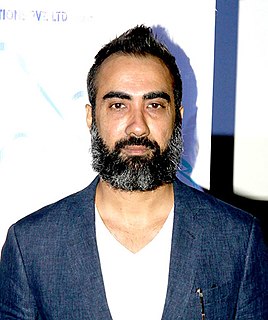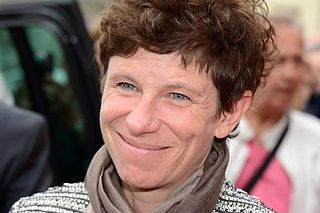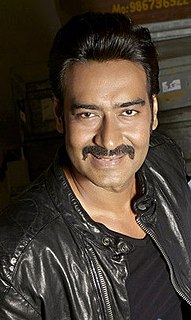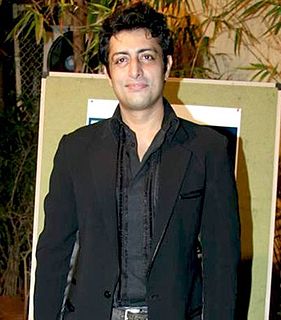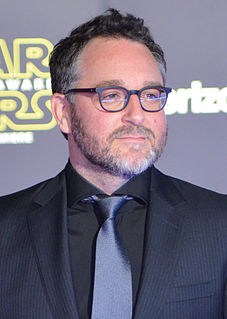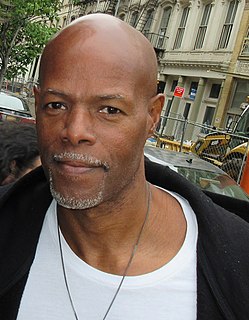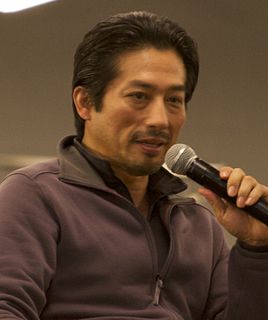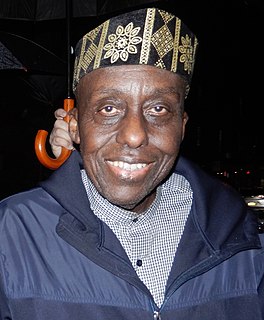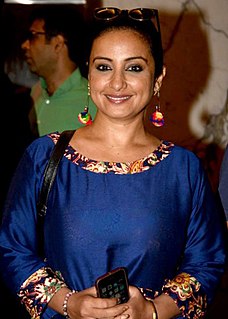A Quote by Ranvir Shorey
This is a wrong notion that I work in big budget films. Infact, usually low budget films are offered to me, they come and say it's a good story but they don't have the money.
Related Quotes
People talk about the difference between working on stage and working on film. I think you could say that there are as many differences between working on low budget films and working on big budget films. You really are doing the same thing, but at the same time you're doing something vastly different as well.
I guess, in a sense, 'Audition' was a film that gave me an opportunity that I hadn't had up until that point. So that's definitely one that is important to me. Then there's 'Visitor Q' that kind of taught me that there are some kinds of films that can only be made as low-budget films that really wouldn't work as anything else.
The difference between working on Asian and American films is in the producer and director; everyone has their own style. But, Hollywood has a lot more money; they can spend a lot on films, and time. In Europe, there's a small budget and thinking about commercial. Only budget and taste is different between there and Hollywood.
